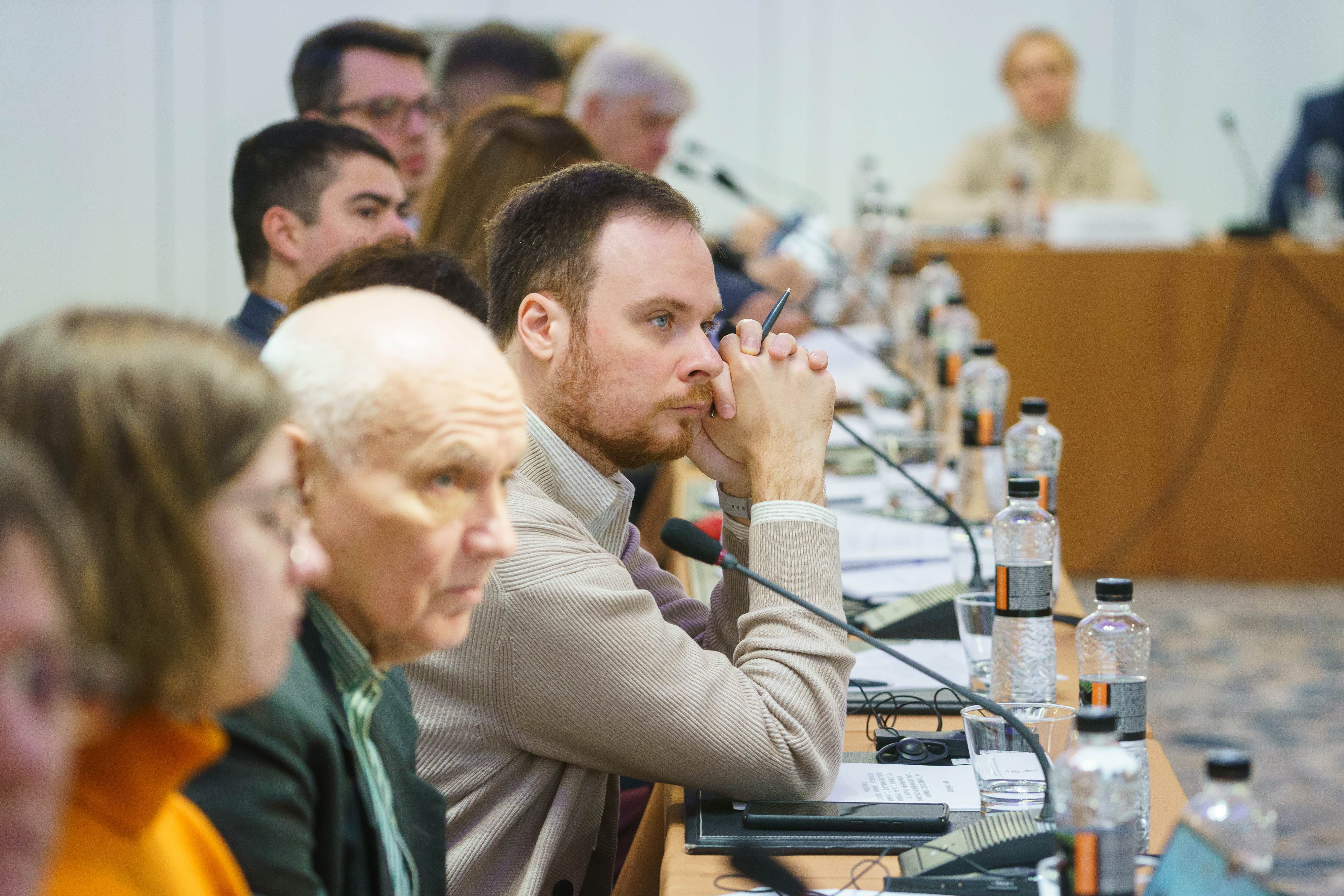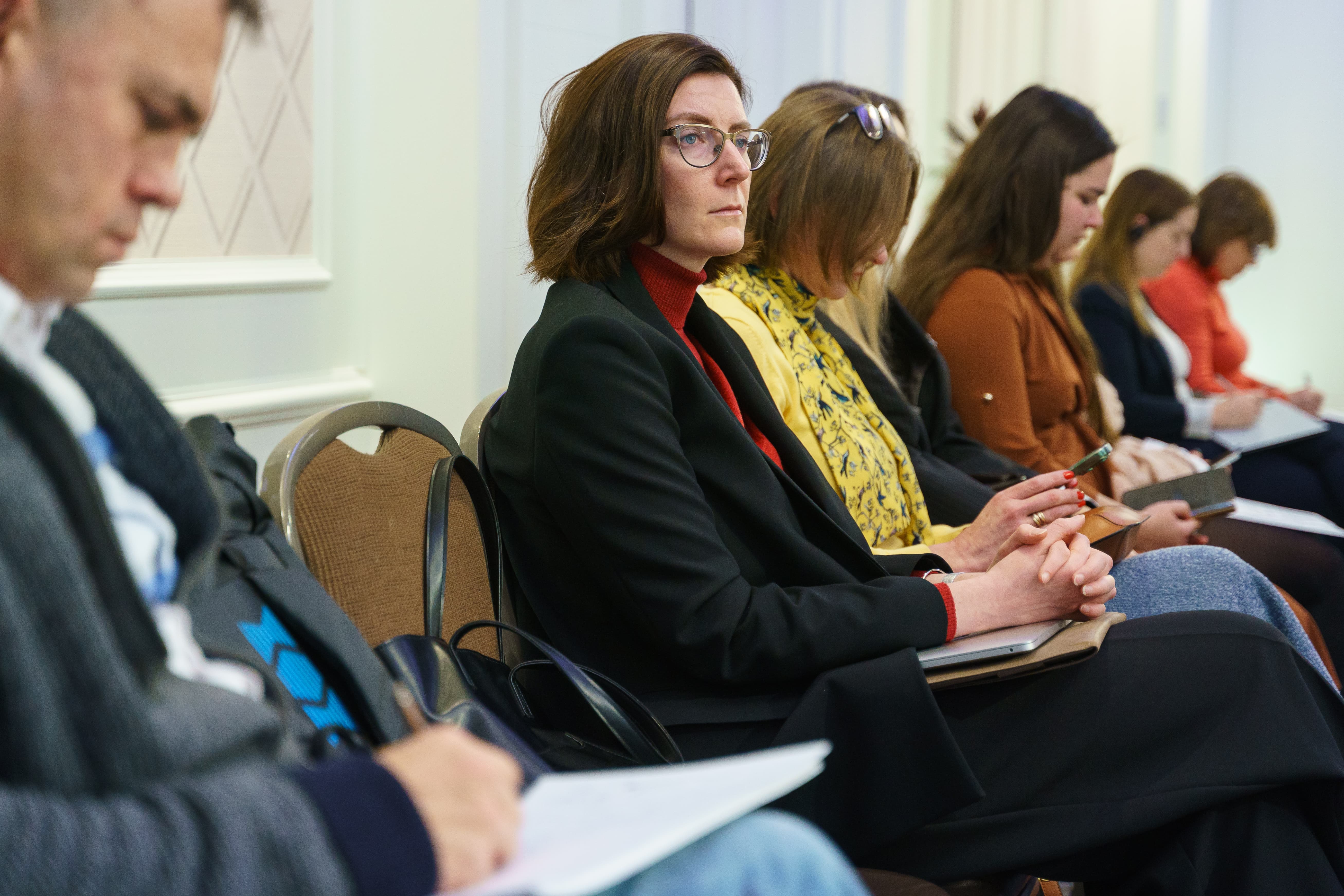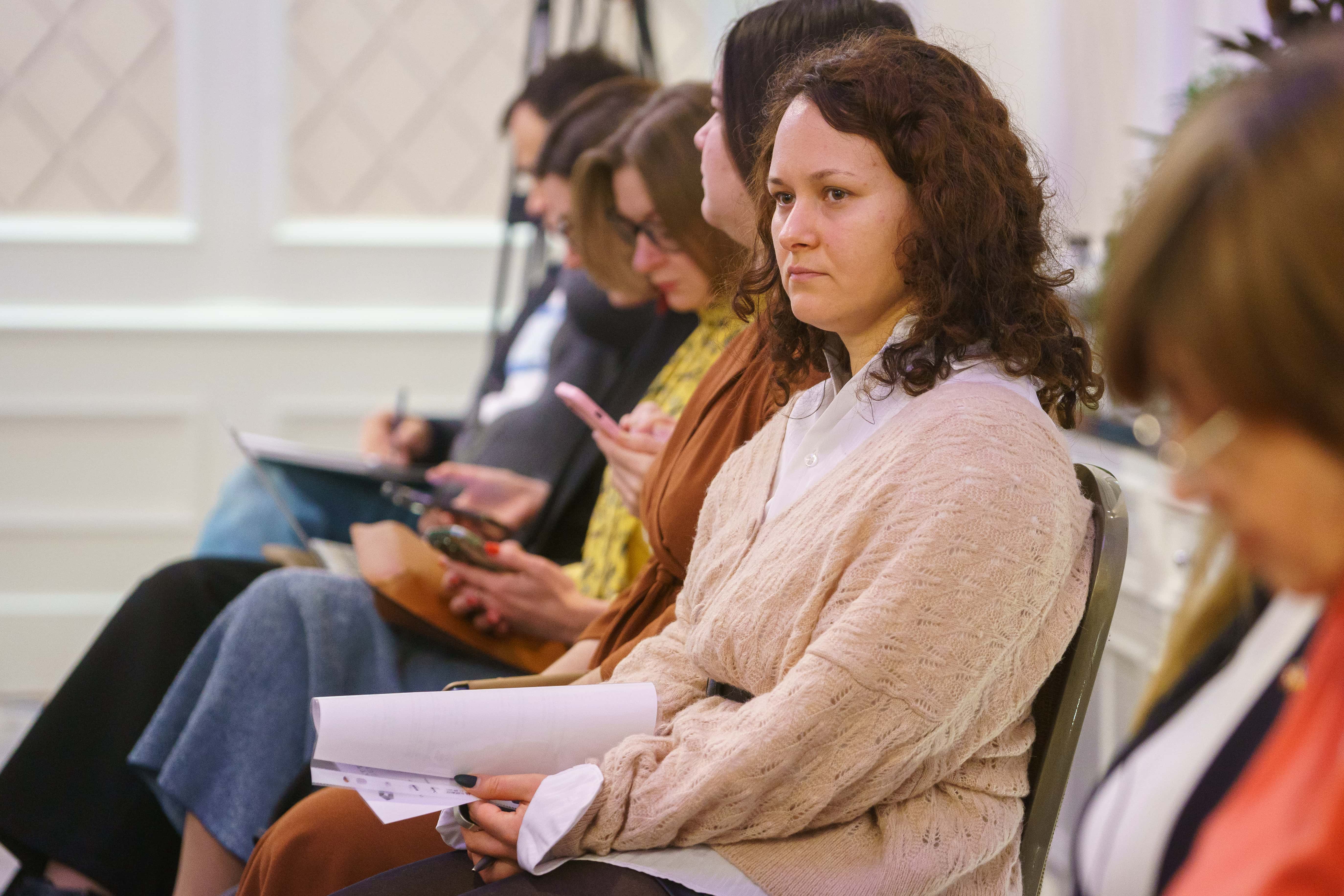Ukraine is updating the electoral law in line with European standards and to account for new challenges. According to Olha Kotsiuruba, a senior legal advisor at the Civil Network OPORA, Ukrainian law needs improvement to align with the EU standards, specifically on campaigning out of the country and on the Internet, and also considering the spread of artificial intelligence and new EU regulations. She shared this during the round table “Campaigning Online and Out-of-Country” on November 26 in Kyiv.
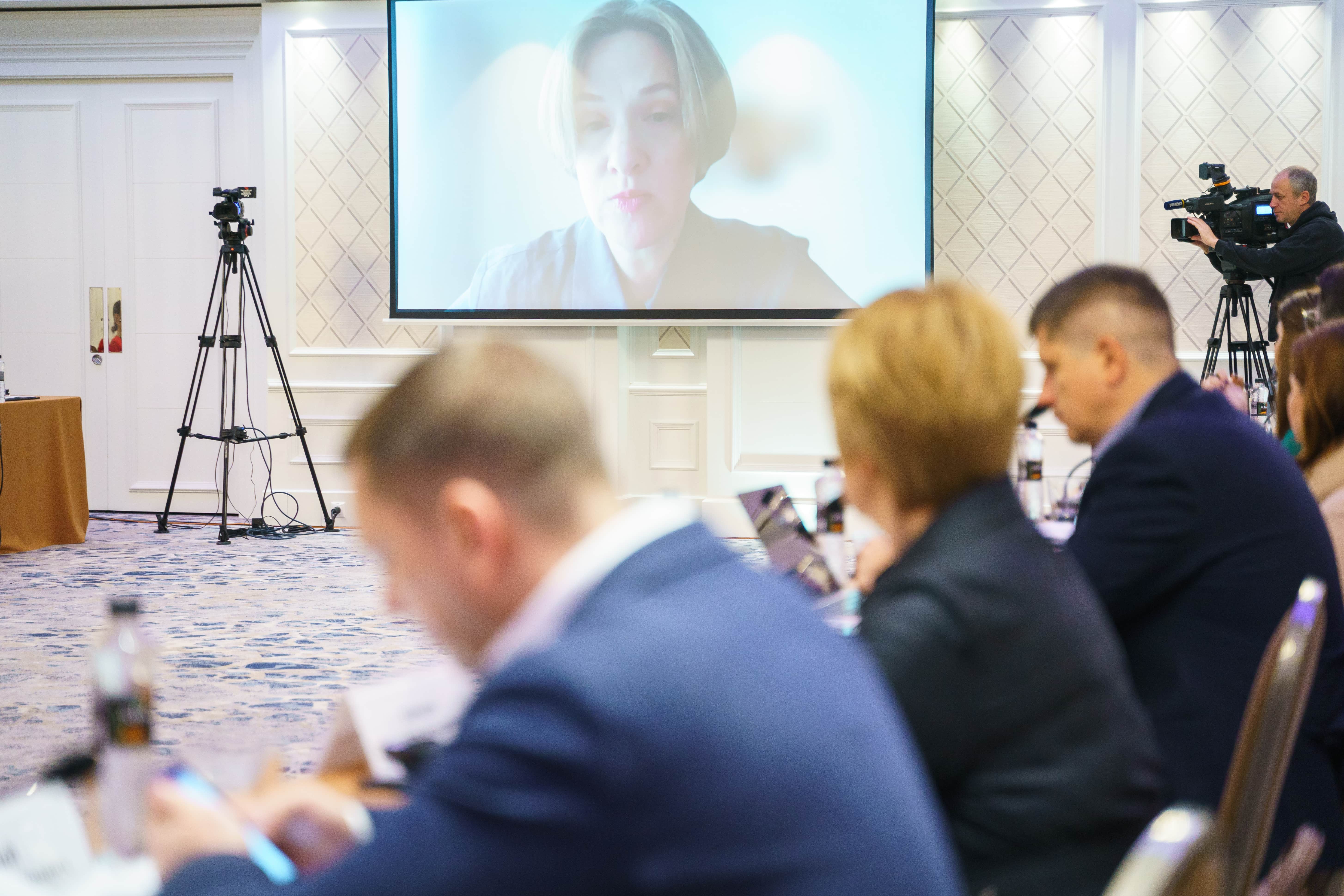
An MP and a moderator, Alina Zahoruyko, underscored that the issue of disinformation and the use of AI in online campaigning is pertinent. “Campaigning is deeply connected with transparency of funding election campaigns, hence, with national security,” said she.
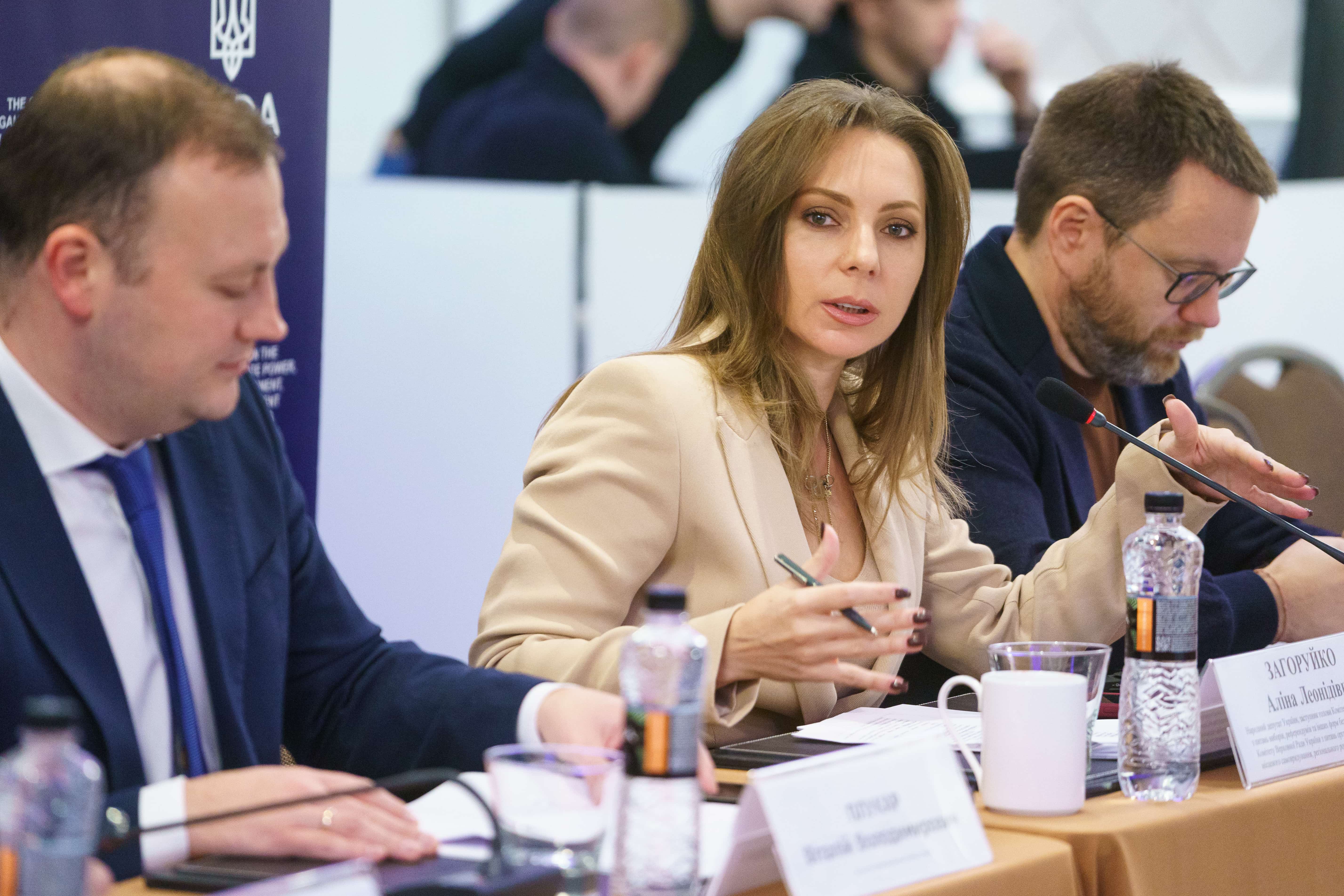
Ukraine has a chance to consolidate its role as a region’s leader in democracy, even in the settings of warfare, when preparing for future post-war elections, according to Vitalii Plukar, a deputy chair of the Central Election Commission. “Future post-war elections may become a chance for Ukraine to consolidate its democracy and create novelties from which international practices could benefit,” he said.
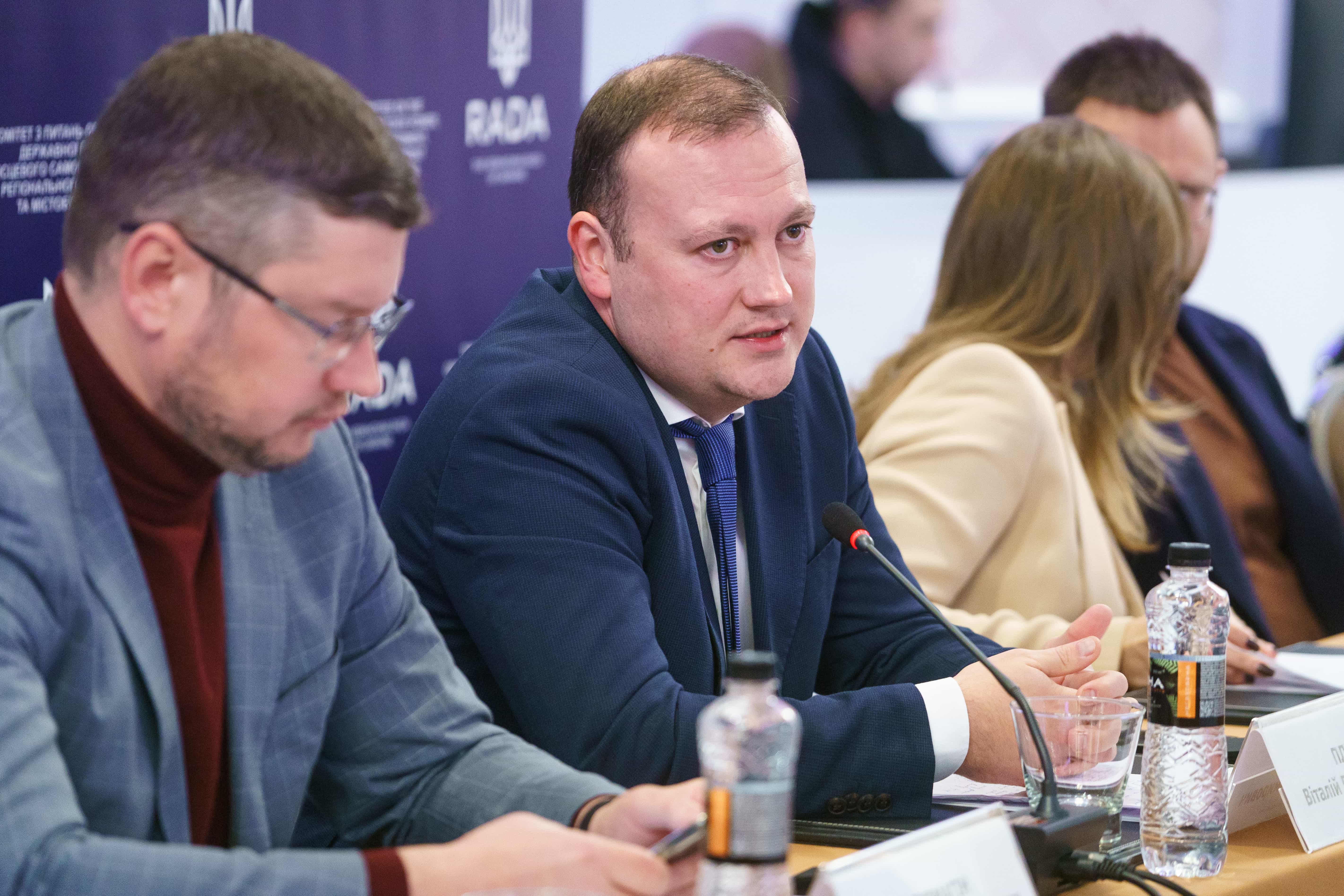
The problem of the organization of the election process out of the country is also faced by other countries — this was explained by Mihaela Duca-Angelici, head of the analysis and research team at the Moldovan NGO Promo-LEX. As an observer at the previous elections in Moldova, she outlined some issues, such as the shortage of ballot papers for voters staying out of the country. “In the future, the transparency of decision-making shall be increased, and consultations shall take place between Moldova’s Central Election Commission and the Ministry of Foreign Affairs,” the expert shared her conclusion.
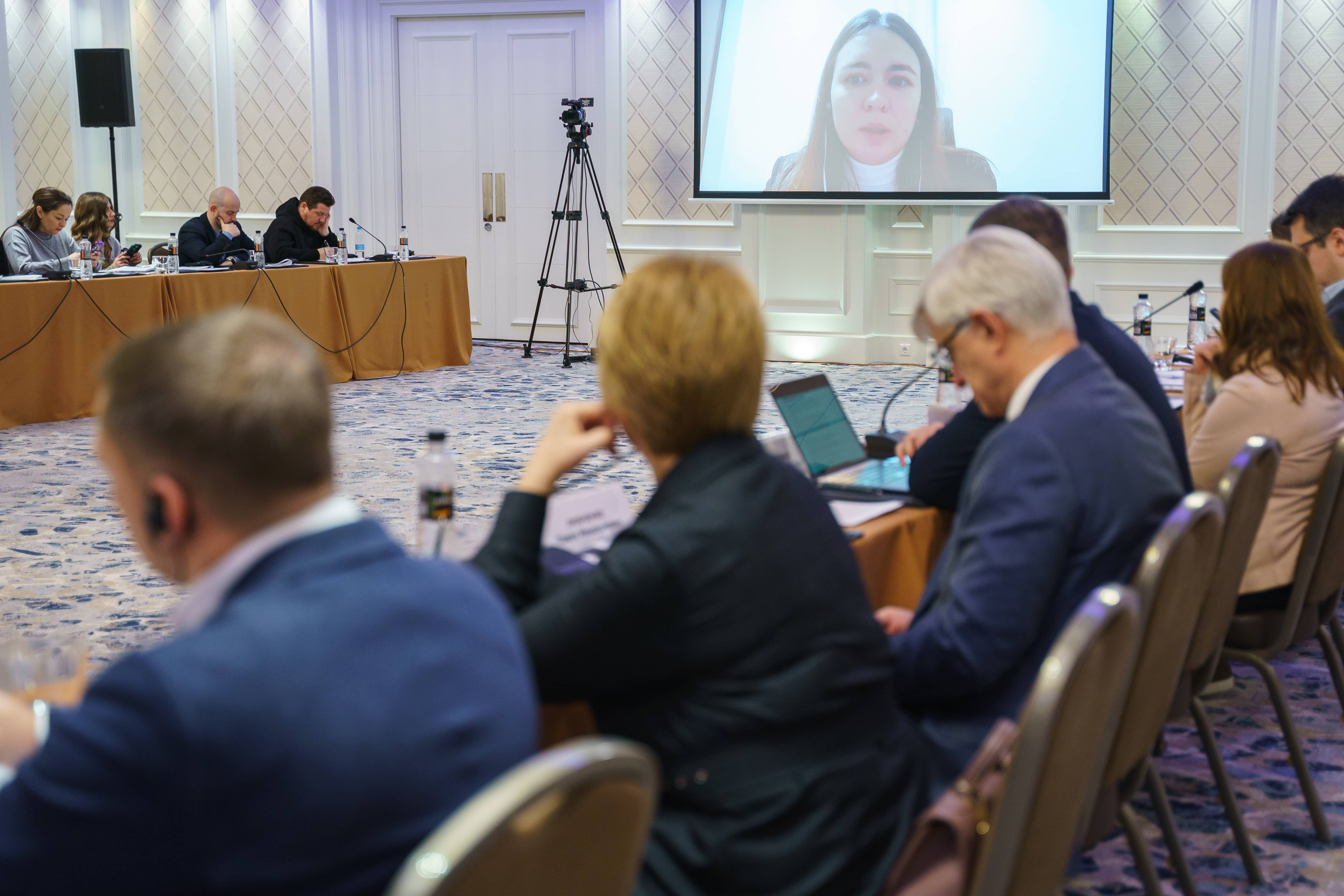
Olha Snopok, an analyst of digital platforms at the Civil Network OPORA, spoke of the challenges of campaigning in social media outside Ukraine. According to her, Meta and Google lead in their regulation activities of political content. Meta requires that advertisers verify their identity and present the documents confirming the ad’s target country. Google is introducing similar rules but with additional requirements, such as to present the confirmed right to run political campaigning in the EU. For Ukrainian political actors, it may pose a logistics challenge because they would need to meet the criteria in each specific country.
On the other hand, Telegram and TikTok ban political ads unconditionally. However, in the post-war elections, these platforms may be used for covert campaigning through anonymous channels that have no moderation or through bloggers. The approach compromises transparency and opens the gate for interference with elections, specifically from the RF.
Moreover, OPORA analysts studied the cost of political ads in different countries. For instance, in the USA, the average cost for a promoted post is $266; in Europe, it is $48; and in Ukraine, it is $31. High costs may pose a severe obstacle to candidates and parties if they need to reach out to several countries simultaneously.
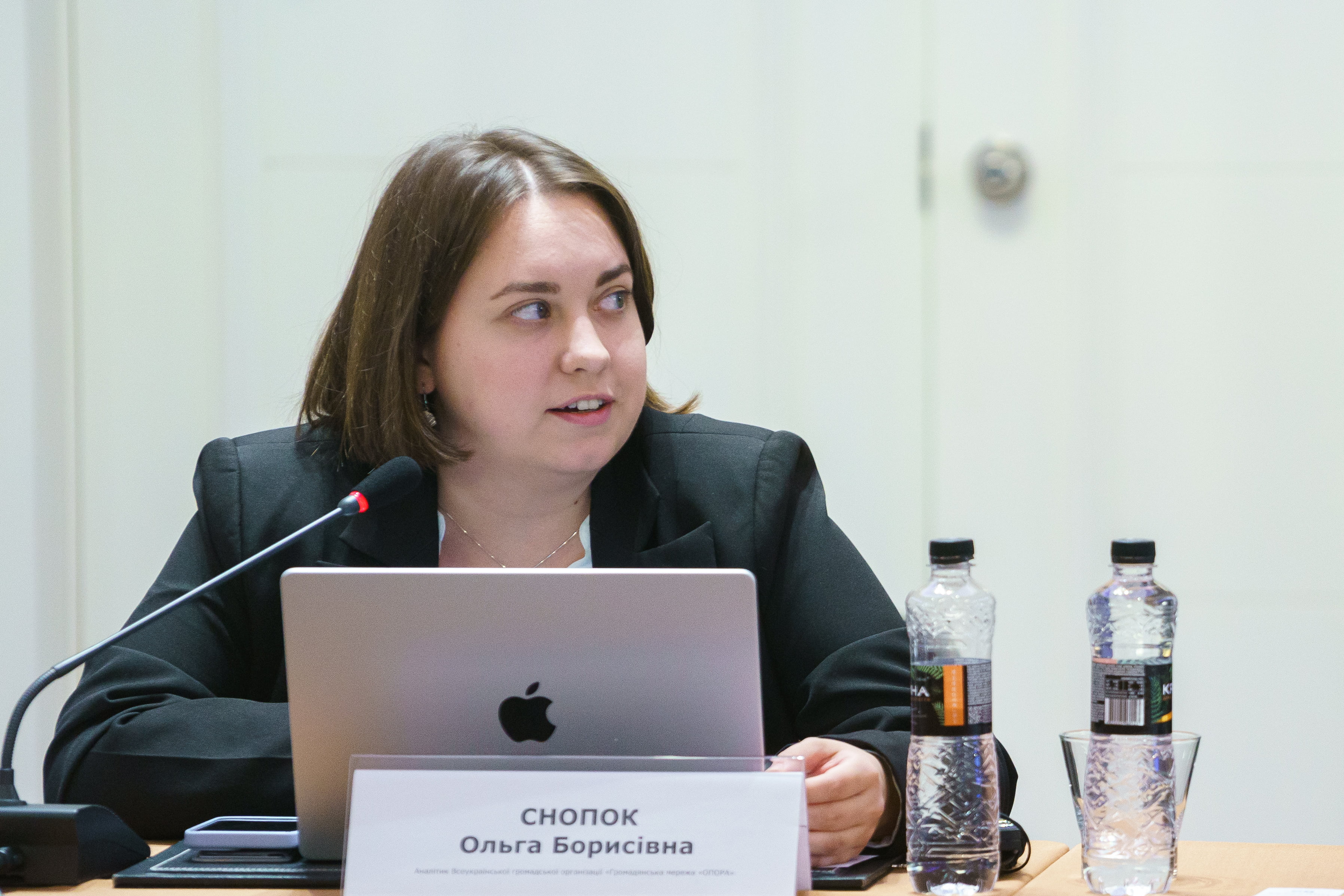
A senior expert on political and legal aspects at the International Foundation for Electoral Systems (IFES) in Ukraine, Serhii Saveliy, said that the use of the Internet crucially changes the approach to political ads, especially on social media because they are transnational and cover mass audiences. “After the outbreak of the full-scale invasion, 80% of Ukrainian people have used the Internet and social media as key sources of information,” he emphasized. However, this is a space where democratic processes are most vulnerable because of insufficient transparency in using personal data, targeting, and no limitations for financing political ads.
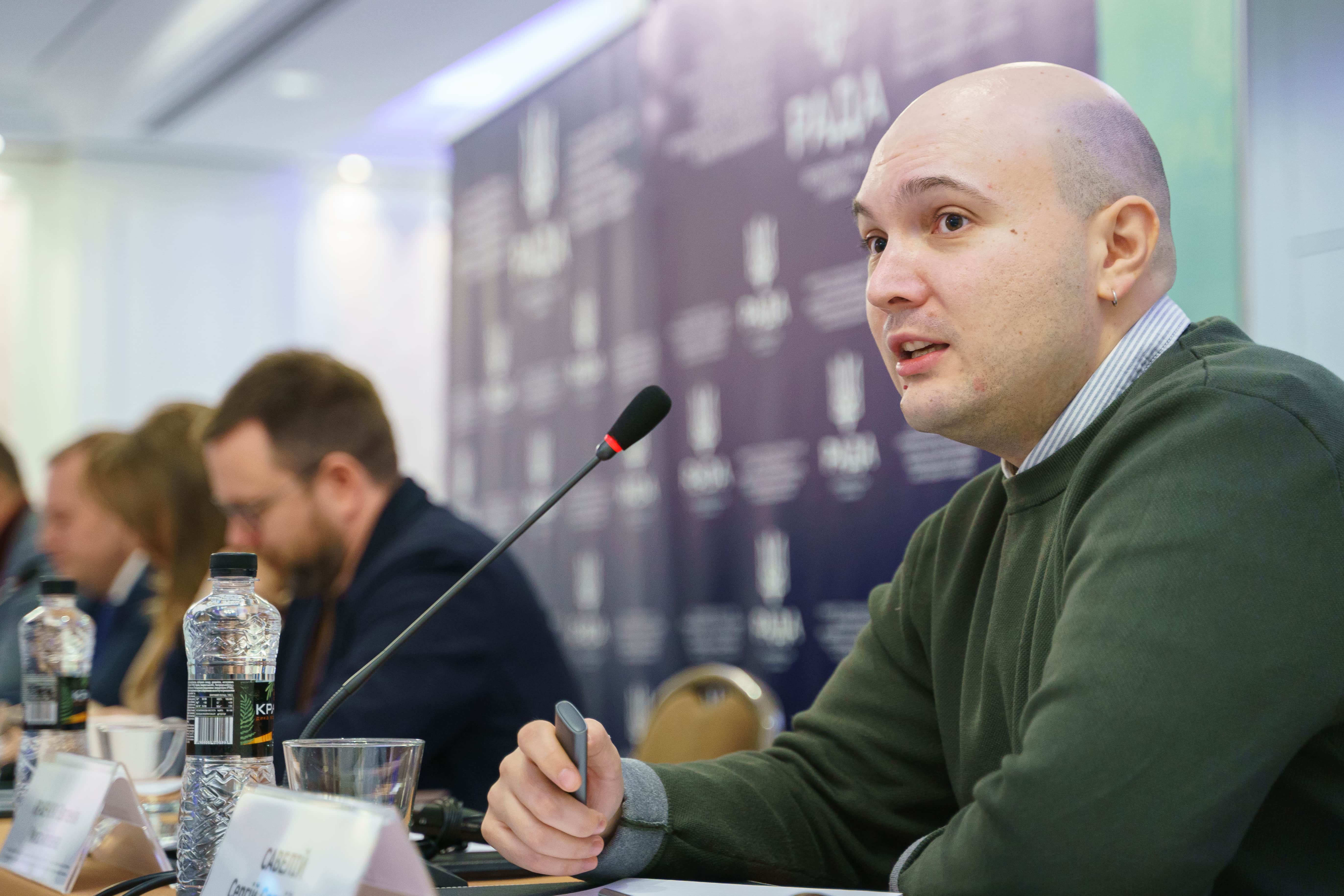
Mykyta Poturayev, head of the Committee of Verkhovna Rada of Ukraine on Humanitarian and Information Policy, believes that a key threat to future elections will be the unprecedented spread of disinformation and deepfakes. Moreover, when the information is distorted by manipulations, existing regulatory mechanisms will not be able to fully function.
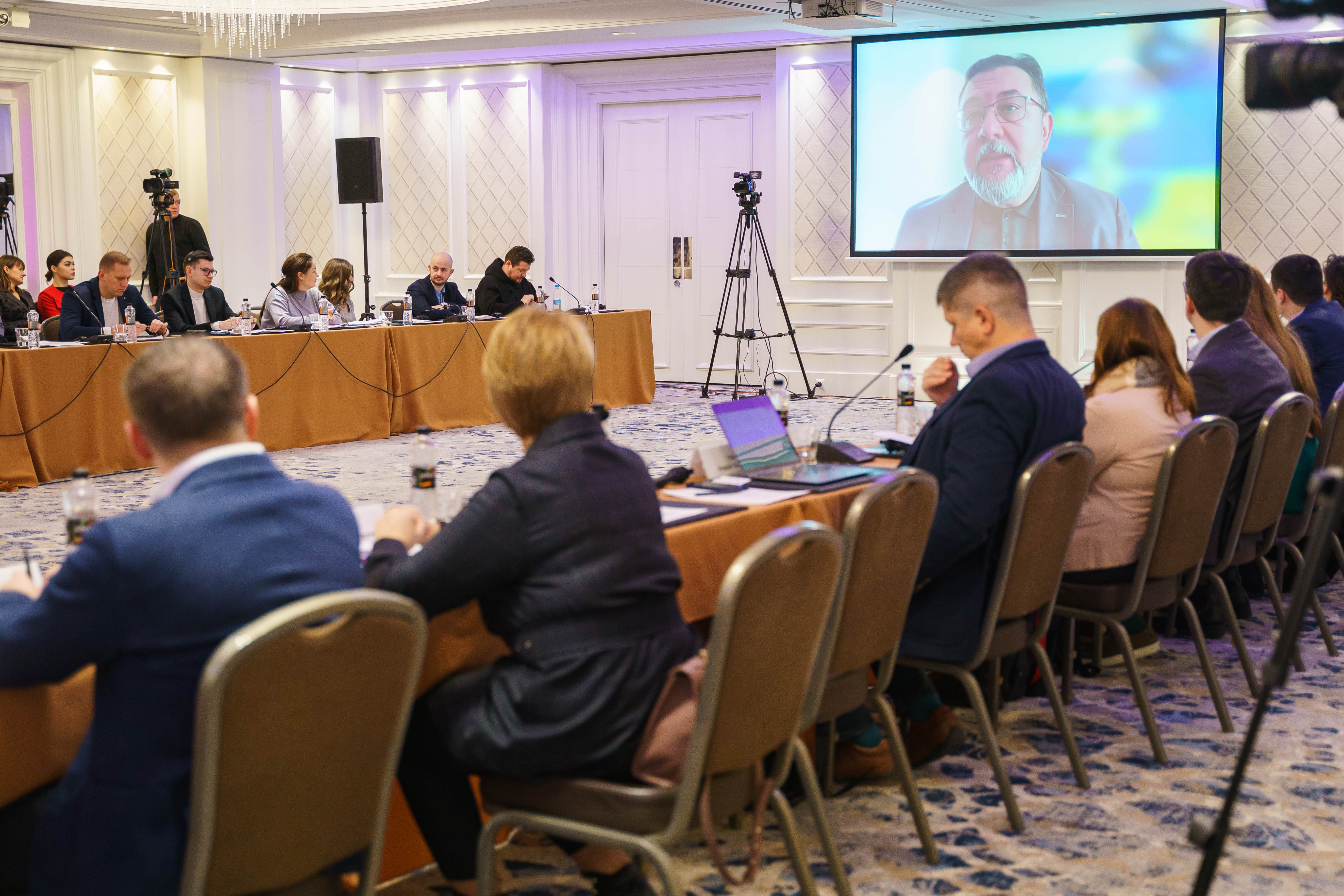
The event was organized by the Verkhovna Rada Committee on the Organization of State Power, Local Self-Governance, Regional Development, and Urban Planning in partnership with the Civil Network OPORA. Members of Parliament, members of the Central Election Committee, the National Agency for the Prevention of Corruption, and NGOs discussed international standards and legal regulation of electoral campaigning in EU MS, and also addressed challenges caused by disinformation and AI that may affect democratic processes.
